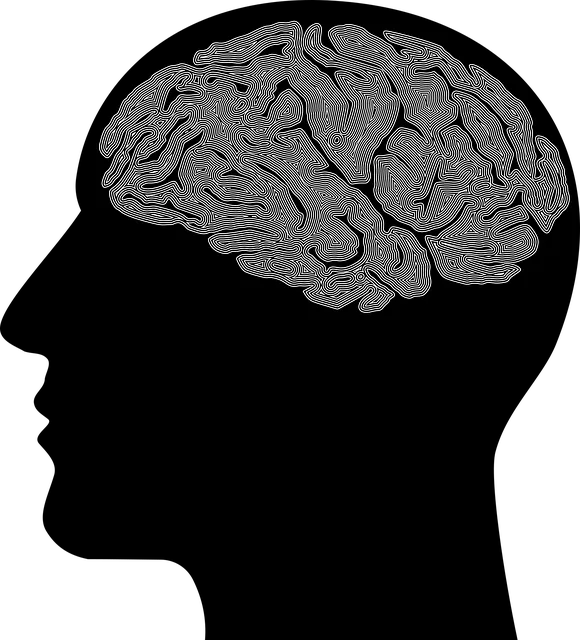Trauma, from violent incidents to natural disasters, has profound mental health impacts. Kaiser Permanente Mental Health Littleton (KPMHL) offers a holistic and culturally sensitive approach to trauma care. Their multi-faceted strategy includes immediate individual care, community resilience initiatives, rigorous risk assessment for professionals, and evidence-based treatments tailored to diverse clients. KPMHL prioritizes patient well-being and healthcare provider resilience, integrating cultural competency training and Mind Over Matter principles. Through community engagement with local schools, churches, and centers, KPMHL increases trauma support accessibility, empowers individuals to manage their well-being, and fosters community resilience.
Trauma support services play a vital role in helping individuals heal from the profound effects of traumatic experiences. This article explores key aspects of trauma care, drawing insights from industry leader, Kaiser Permanente Mental Health Littleton. We delve into understanding trauma’s impact as a foundation for effective support, highlighting their innovative approach to treatment. Furthermore, we examine essential components of successful services and the crucial role of community engagement in expanding access to care, with a special focus on Kaiser Permanente’s model.
- Understanding Trauma and Its Impact: A Foundation for Support Services
- Kaiser Permanente Mental Health Littleton: An Overview of Their Approach to Trauma Care
- Key Components of Effective Trauma Support Services
- Community Engagement and Resources: Expanding Access to Care
Understanding Trauma and Its Impact: A Foundation for Support Services

Trauma is a complex and profound experience that can have lasting effects on an individual’s mental health and overall well-being. It stems from various sources, such as violent incidents, accidents, natural disasters, or prolonged exposure to distressing situations. Understanding trauma is the cornerstone of establishing effective support services. The impact of trauma varies widely, affecting not just the mind but also the body and spirit. Symptoms may include flashbacks, nightmares, severe anxiety, depression, and physical pain. Recognizing these signs and providing appropriate support is crucial, especially for organizations like Kaiser Permanente mental health Littleton.
A comprehensive approach to trauma support involves not only addressing the immediate needs of individuals but also fostering community resilience. This can be achieved through initiatives such as Mental Health Policy Analysis and Advocacy, which drives systemic changes to improve access to care. Community Outreach Program Implementation plays a vital role in bringing services directly to affected populations. Additionally, professionals working with trauma survivors must undergo rigorous Risk Assessment to ensure they are equipped to handle the unique challenges presented by this sensitive work.
Kaiser Permanente Mental Health Littleton: An Overview of Their Approach to Trauma Care

Kaiser Permanente Mental Health Littleton stands out in the healthcare landscape with its comprehensive approach to trauma care. The organization prioritizes both the cultural sensitivity in mental healthcare practice and the holistic development of inner strength among individuals seeking support. By integrating evidence-based treatments with a deep understanding of cultural contexts, they ensure that every patient receives personalized care that respects their unique background and experiences.
Beyond addressing immediate needs, Kaiser Permanente focuses on implementing effective burnout prevention strategies for healthcare providers. Recognizing the significant emotional toll of working in trauma care, they foster a supportive environment that encourages self-care and resilience among their staff. This dual emphasis on patient well-being and provider longevity underscores Kaiser Permanente Mental Health Littleton’s commitment to revolutionizing trauma support services, ultimately enhancing the quality of care offered to individuals navigating traumatic experiences.
Key Components of Effective Trauma Support Services

Effective trauma support services are characterized by a multifaceted approach that addresses the complex needs of individuals affected by traumatic events. A leading healthcare provider like Kaiser Permanente mental health Littleton prioritizes cultural competency training for their staff, ensuring sensitive and tailored care for a diverse range of clients. This involves understanding and respecting individual cultural beliefs, backgrounds, and expressions of trauma, fostering an inclusive environment where everyone feels safe to seek help.
Beyond this, integrating Mind Over Matter principles in the provision of services has proven effective. These principles focus on empowering individuals to develop resilience through cognitive and emotional strategies. Encouraging clients to explore their thoughts and feelings, reframing negative perspectives, and cultivating positive coping mechanisms are key components. Additionally, Mental Wellness Coaching Programs Development can supplement traditional therapy by offering ongoing support, accountability, and practical tools for maintaining mental wellness in the face of trauma’s lasting effects.
Community Engagement and Resources: Expanding Access to Care

In the context of trauma support services provision, community engagement plays a pivotal role in expanding access to care. Organizations like Kaiser Permanente mental health Littleton have recognized the importance of integrating with local communities to address trauma and promote resilience. By collaborating with schools, churches, and community centers, these services can reach individuals who might otherwise face barriers to accessing traditional healthcare settings. This holistic approach ensures that support is tailored to meet the unique needs of diverse populations, fostering an environment where mental health education programs design can effectively target depression prevention and stress management strategies.
Community-based initiatives also empower residents to take charge of their well-being. Through workshops, support groups, and awareness campaigns, individuals gain valuable knowledge about recognizing and managing trauma responses. This empowerment not only enhances their ability to cope with everyday stressors but also prepares them for potential future challenges. By leveraging community resources and fostering open dialogue, Kaiser Permanente mental health Littleton and similar organizations are revolutionizing the way trauma support is delivered, making it more accessible and impactful for all.
In conclusion, establishing comprehensive trauma support services is paramount in addressing the profound impact of traumatic events. By learning from innovative practices like those at Kaiser Permanente Mental Health Littleton, we can develop effective programs that integrate key components such as safe spaces, evidence-based therapies, and community engagement. Expanding access to care through community resources ensures that individuals who have experienced trauma receive the support they need, ultimately fostering healing and resilience.






